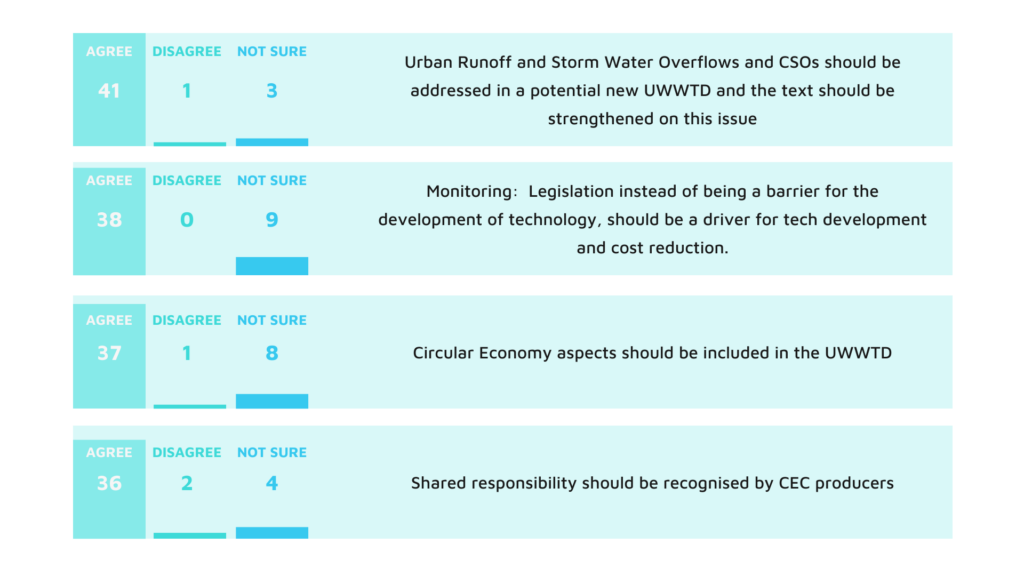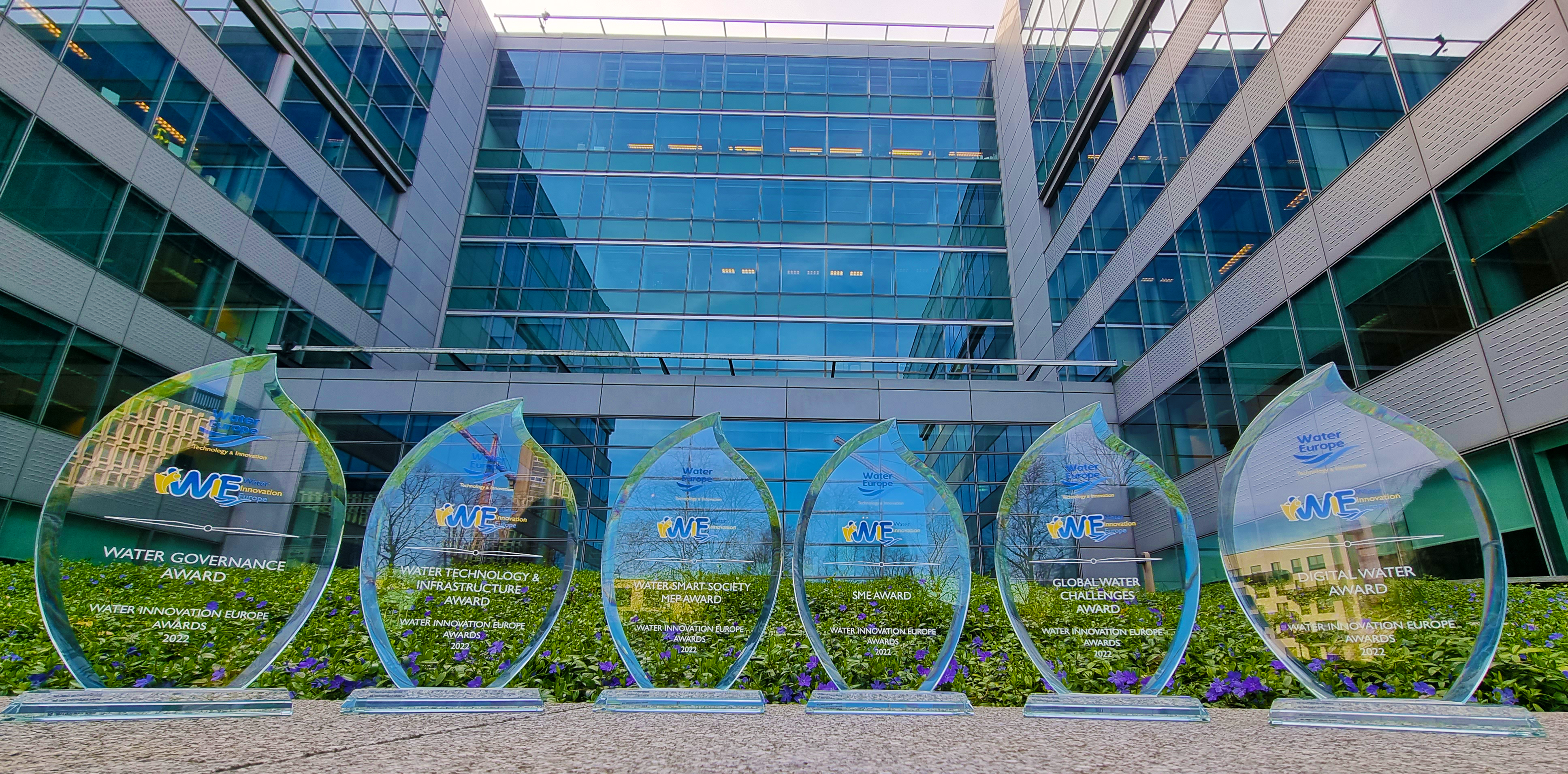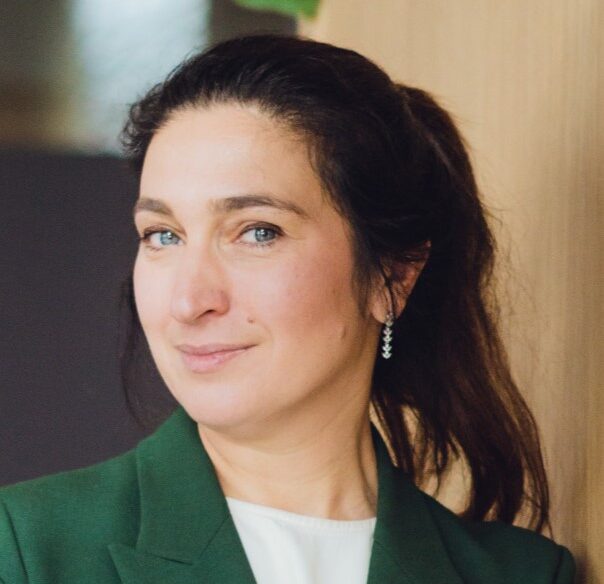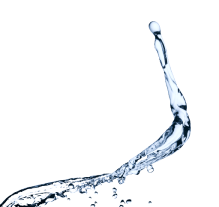At the end of January, the ‘Making Water Fit For Life’ LIFE water platform meeting, co-organised by EU’s LIFE Programme and the Cetaqua Water Technology Centre, took place in Barcelona.
Technical experts from EU-funded projects, water authorities and policymakers have agreed that reference to the circular economy, emerging pollutants, storm water overflows and monitoring would need strengthening in any revision of the Urban Waste Water Treatment (UWWT) Directive.
Difficulties in adapting
Many Member States are still struggling to reach compliance with the 30-year-old Directive, which has been undergoing a refit evaluation to meet the 2030 Sustainable Development Goals (SDGs) and to adapt to societal needs.
The meeting provided policymakers with vital feedback for updating the legislation in a number of areas. Through dedicated workshops, experts addressed in particular, four specific topics, circular economy, emerging pollutants, storm water overflows and monitoring.
To reach a circular economy in the water cycle, Cetaqua’s CEO Carlos Montero, supported the concept of bio-factories as a new sustainable model. These factories would promote the reuse and recovery of waste, he said. It was universally agreed that the circular economy should be embedded in the revised Directive.
Experts also discussed pollutants of emerging concern, including drug residues and micro plastics. Legislation for shared responsibility under a revised Directive could meet these challenges but it must cover the entire value chain – from producers to consumers.
On urban run-off and storm water overflows, experts agreed on the need for a more integrated approach amongst relevant stakeholders to lessen the impact of combined sewer overflows (CSOs) in a cost-effective manner.
Water quality monitoring was identified as critical to providing the data required for safeguarding the environment against adverse effects from contamination.
All meeting participants were subsequently polled on the above issues and their feedback was very much in line with the workshop experts.
Inspiring projects
The two-day meeting also showcased 19 LIFE projects as well as 7 mature Horizon 2020 projects on a variety of waste water topics.
In fact, participants had an insight into some of these projects during the site visits where LIFE projects were showcased. 50 people visited the Barcelona Waste Water Treatment Plant which incorporated two LIFE projects, LIFE ENRICH and LIFE aWARE, demonstrating resource recovery and removal of emerging pollutants.
In addition, 30 people visited the LIFE iBATHWATER project which, simultaneously demonstrated new techniques for dealing with storm water overflows and advanced monitoring.
All the LIFE and Horizon 2020 projects present at the meeting can also influence future policies by showing decision makers what is already feasible in waste water treatment and crucially, what bottlenecks still need to be addressed.
“These EU-funded projects allow us to move towards a circular economy in the water cycle. They are helping ensure the sustainability of the water cycle, which will benefit society and the environment,” explained Cetaqua’s Technical Director, Xavier Bernat.
